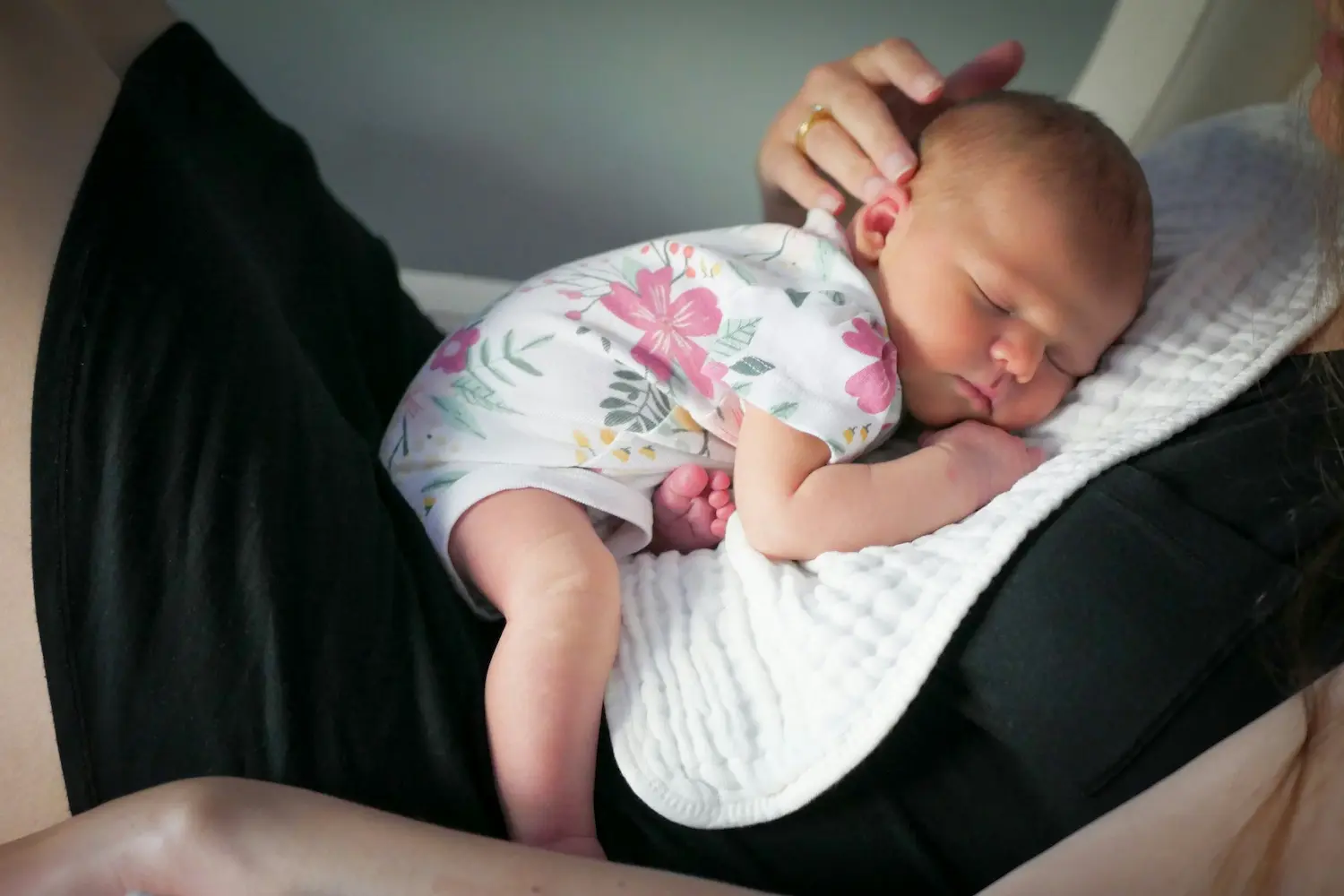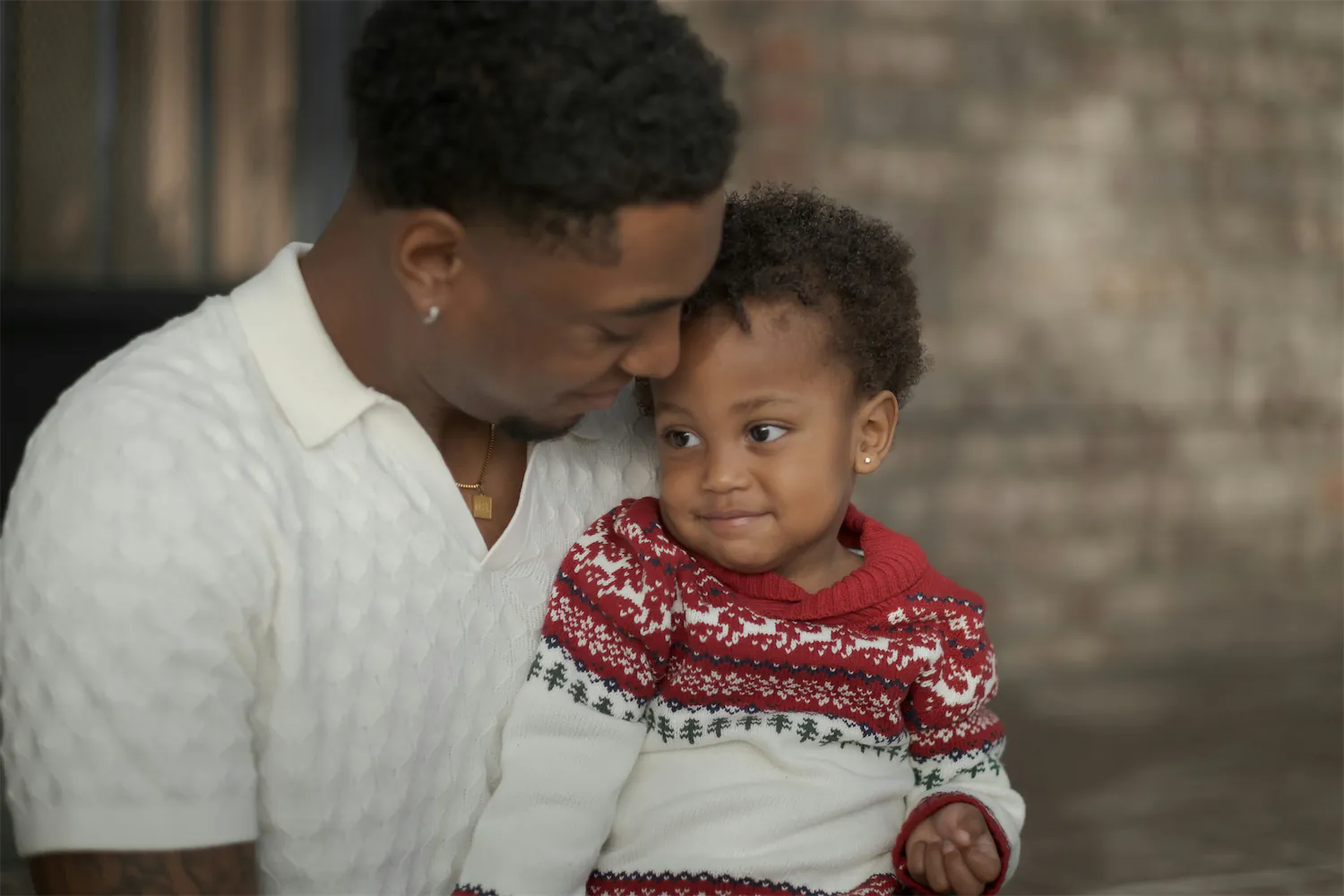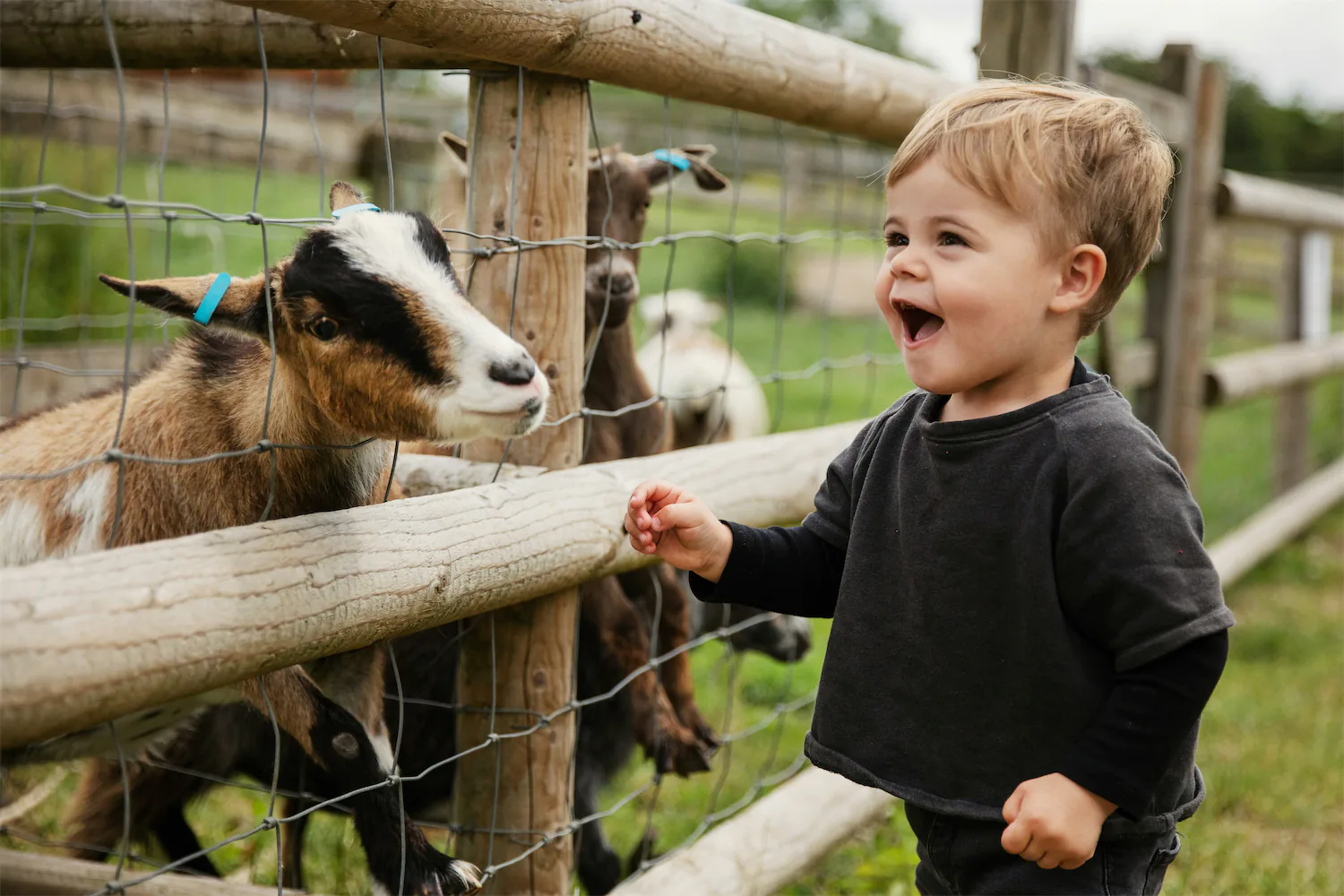12-month-old: Sleep habits and sleep schedule
12-month-old: Sleep habits and sleep schedule
Understanding sleep schedules, bedtime routine, and naptime for your toddler
Understanding sleep schedules, bedtime routine, and naptime for your toddler

Dahlia Rimmon, RDN
Content Writer

Jess Ellsworth
Certified Sleep Consultant



12-month-old sleep habits
Around their first birthday, toddlers have wake windows of 3 to 4 hours and usually take one or two naps a day. The first nap is typically around 3 hours after waking up and lasts 2 to 3 hours. The second nap is 3.5 hours after the first nap and lasts about an hour. 12-month-olds need 2.5 to 3 hours of daytime sleep (naptime) and about 13 to 15 hours of sleep within 24 hours.
Toddlers in daycare may gradually adjust to a single nap schedule as they adapt to the daycare routine. Some children naturally drop the second nap on their own, but if they’re not ready, keep it for as long as possible if it doesn’t interfere with bedtime.
12-month sleep regression
A sleep regression is a temporary setback in a child’s typical sleep patterns, often tied to developmental milestones at certain ages. Common signs include frequent night wakings, nap refusal, and difficulty falling asleep.
Around the first birthday, your toddler may experience a sleep regression due to major developmental changes happening at this age. These milestones include:
Standing independently
First steps
Understanding and following simple directions
Expanding language skills
Weaning from breastmilk or transitioning to cow's milk
12-month-old sleep schedules
Here are examples of sleep schedules for a 12-month-old:
Sleep schedule #1
6:30 AM: Wake up
9:30 AM: Nap 1
2:30 PM: Nap 2
7:30 PM: Bedtime
Sleep schedule #2
7:00 AM: Wake up
10:00 AM: Nap 1
3:00 PM: Nap 2
8:00 PM: Bedtime
Sleep schedule #3
7:30 AM: Wake up
10:30 AM: Nap 1
3:30 PM: Nap 2
8:00 PM: Bedtime
FAQs: 12-month-old sleep habits
What is a good bedtime for a 12-month-old?
A good bedtime for a 12-month-old is between 7 and 8 p.m., depending on when their last nap ends.
What is an example of a bedtime routine for a 12-month-old?
Family walk after dinner
Active play for gross motor skills
Pajamas
Brush teeth
Read books
Sing a lullaby
Turn on a night light or white noise machine
Offer a comfort object
Say goodnight
How do you sleep train a 12-month-old?
Consistently maintaining a routine creates a strong sleep foundation. Your approach to sleep training will depend on your toddler’s temperament, previous sleep habits, and your parenting style. Staying consistent is essential, no matter which sleep training method or parenting style you use.
Do sleep regressions influence wake windows?
Sleep regressions make it harder for a child to fall asleep and can extend their wake windows. Regressions can also cause them to sleep in later than usual or nap later in the day, making bedtime more challenging.
12-month-old sleep habits
Around their first birthday, toddlers have wake windows of 3 to 4 hours and usually take one or two naps a day. The first nap is typically around 3 hours after waking up and lasts 2 to 3 hours. The second nap is 3.5 hours after the first nap and lasts about an hour. 12-month-olds need 2.5 to 3 hours of daytime sleep (naptime) and about 13 to 15 hours of sleep within 24 hours.
Toddlers in daycare may gradually adjust to a single nap schedule as they adapt to the daycare routine. Some children naturally drop the second nap on their own, but if they’re not ready, keep it for as long as possible if it doesn’t interfere with bedtime.
12-month sleep regression
A sleep regression is a temporary setback in a child’s typical sleep patterns, often tied to developmental milestones at certain ages. Common signs include frequent night wakings, nap refusal, and difficulty falling asleep.
Around the first birthday, your toddler may experience a sleep regression due to major developmental changes happening at this age. These milestones include:
Standing independently
First steps
Understanding and following simple directions
Expanding language skills
Weaning from breastmilk or transitioning to cow's milk
12-month-old sleep schedules
Here are examples of sleep schedules for a 12-month-old:
Sleep schedule #1
6:30 AM: Wake up
9:30 AM: Nap 1
2:30 PM: Nap 2
7:30 PM: Bedtime
Sleep schedule #2
7:00 AM: Wake up
10:00 AM: Nap 1
3:00 PM: Nap 2
8:00 PM: Bedtime
Sleep schedule #3
7:30 AM: Wake up
10:30 AM: Nap 1
3:30 PM: Nap 2
8:00 PM: Bedtime
FAQs: 12-month-old sleep habits
What is a good bedtime for a 12-month-old?
A good bedtime for a 12-month-old is between 7 and 8 p.m., depending on when their last nap ends.
What is an example of a bedtime routine for a 12-month-old?
Family walk after dinner
Active play for gross motor skills
Pajamas
Brush teeth
Read books
Sing a lullaby
Turn on a night light or white noise machine
Offer a comfort object
Say goodnight
How do you sleep train a 12-month-old?
Consistently maintaining a routine creates a strong sleep foundation. Your approach to sleep training will depend on your toddler’s temperament, previous sleep habits, and your parenting style. Staying consistent is essential, no matter which sleep training method or parenting style you use.
Do sleep regressions influence wake windows?
Sleep regressions make it harder for a child to fall asleep and can extend their wake windows. Regressions can also cause them to sleep in later than usual or nap later in the day, making bedtime more challenging.
Summer Health offers fast and reliable pediatric urgent care through online doctors, all via text. Whether you’re worried about your baby's fever, rashes, or other children's health concerns, we provide expert advice and support anytime, right from your phone.

Never miss a post!
Sign up for our newsletter to receive articles and guides directly to your inbox!

















